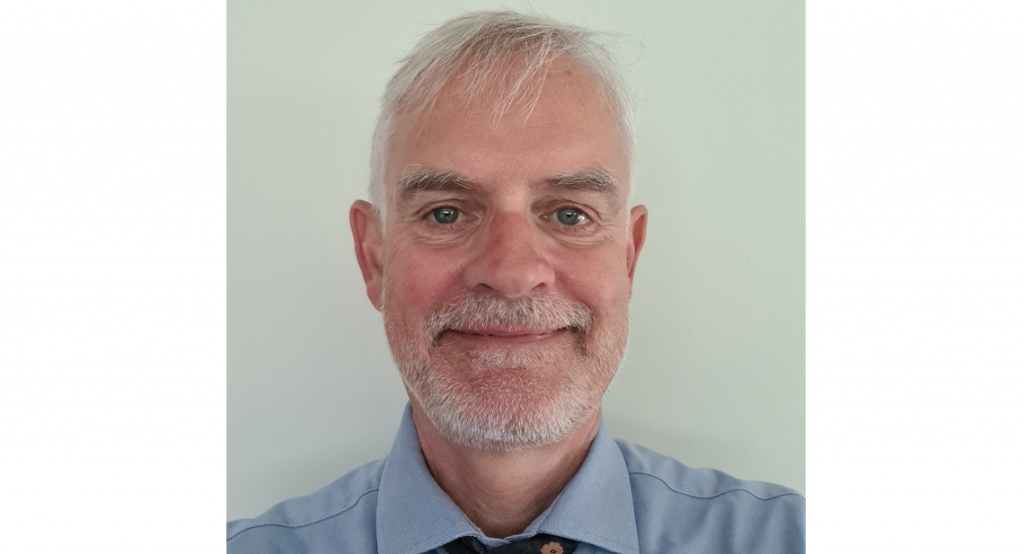As Pride month draws to a close, Health & Protection interviews Nigel Ranger, a senior customer service advisor at MetLife, about evolving attitudes towards LGBTQ+ communities working in the protection sector.
How do you see things currently?
Having worked in the financial services sector for almost 40 years, I have seen a marked shift in the attitudes of both staff members and corporate bodies in the way they work towards the acceptance of anyone who is different.
Alongside my current role, I have also been a member of our internal diversity, equity and inclusion community and remain a champion within the wider business.
Being part of the committee allowed me to understand the issues that arise daily, and that feed into MetLife’s own caring policies. MetLife runs training sessions; industry talks and has founded a series of internal committees to ensure that current and future policies encourage and protect members of the LGBTQ community.
MetLife works hard to create an environment where everyone feels included and that they can work without fear of prejudice. DE&I runs through the business like the word Brighton in the middle of a stick of rock.
How have attitudes in the sector evolved?
Speaking to my LGBTQ colleagues and people from the wider field we all agree that the environment has significantly improved. Pride events are supported from the top, HR policies are robust and inter-business forums exist for everyone to make clear the support they need and report any issues.
When I first started my career, the broker community lacked any real diversity, which in fact made people more fearful about admitting they were different through concerns that they could be ostracised by their colleagues.
If I think back many years, I remember that the attitude was that you could only get to a certain level or position within your career if you were unmarried. The belief was that without a wife by your side, you would not be able to handle the entertainment and client relations side of the business.
Some of the historic employee practices were also discriminatory to civil partners and employees that weren’t married, even if they weren’t set out to be.
For example, if you had a company car only your husband or wife, or fiancé would be able to also drive the car. This meant my partner of 15 years was excluded from this benefit on the basis that we weren’t married because a civil partnership or marriage was not possible at that time. While this policy was overturned it took six months to do so. These are issues that we as an industry can’t even imagine happening now which shows just how far we have come.
Alongside my current role, I am also a proud gay man, diversity champion and LGBTQ advocate both professionally and privately.
While not the polar opposite to how the industry was when I started my career, the change and rising levels of openness that I have seen in recent years is vast.
It was widely accepted for many years that this was just the way it always was but looking back, I don’t know how I accepted having to hide my true self for so long.
Where is there room for improvement within the sector?
Real change must come from both the top and the bottom – everyone needs to feel that they can voice their opinions and those that can enact change must do so.
Businesses and the wider industry need to continue to educate and work with members of the LGBTQ community to show people the impact they can have as an individual. It’s not enough to simply believe that people will change their own behaviours without being given the knowledge and understanding as to why they need to.
Another change that I’m keen to see is more women entering the broker market.
More so than just advisers, financial services more broadly is not equal, and men continue to dominate in key leadership roles.
It’s imperative that a greater range of voices are heard when it comes to financial issues, a more diverse team offers companies a better understanding of how their actions will be perceived by consumers and the wider public.
